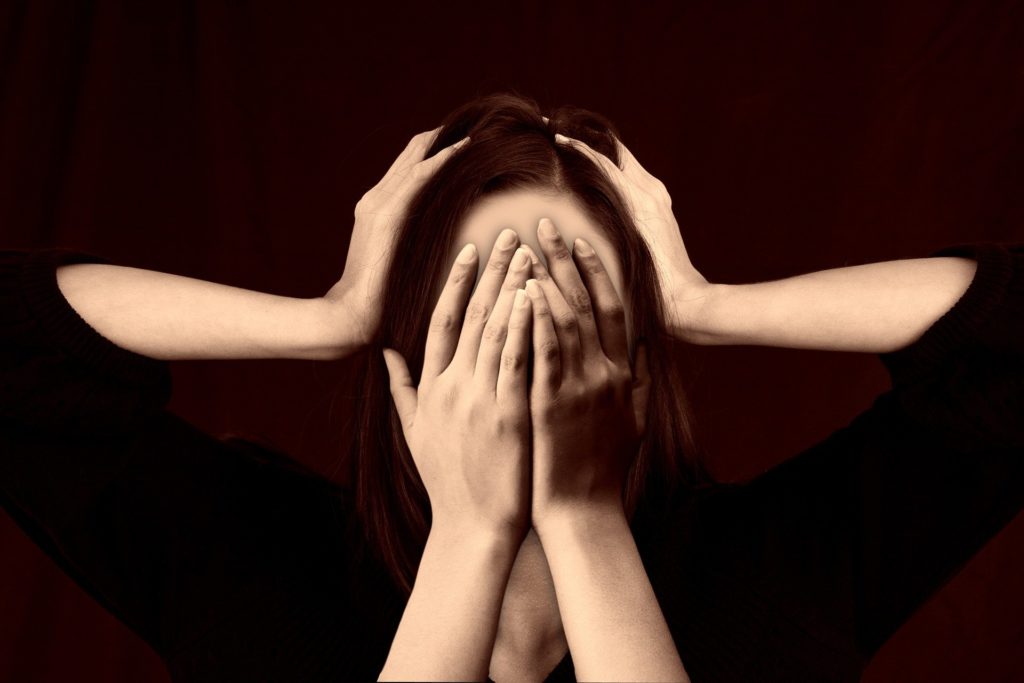
Fear, uncertainty, and stress are natural responses at times; they act as motivators to prompt you to be aware of danger, be motivated and productive, and analyze risks. However, knowing how to manage and how to relieve stress and anxiety is necessary to ensure that they don’t overpower our thoughts and feelings.
A constantly anxious mind forms negative thought patterns, which, if not addressed, can accumulate and lead to physical symptoms, ranging from headaches to full-blown anxiety attacks. Not to mention, long-term stress and anxiety affect your quality of life, your happiness, and even your relationships with others.
Hence, learning how to reduce stress and anxiety is an essential life skill that you must incorporate into your daily lifestyle. Since each person has a unique experience and understanding of their stressors and anxieties, what works for one person might not be as effective for the other. Nevertheless, here are a few habits you can include in your daily routine to help you get started.
- Learn to Recognize Your Stress Responses
To reduce stress and anxiety, you need to understand your innate responses to it. Once you recognize the signs, you are more equipped to deal with them in the right way. Many people begin feeling anxiety in a certain part of their body.
This awareness creates a space between your stimulus and your response, giving you a wider perspective and more choice in your responses. The sooner you recognize yourself becoming tense, the sooner you can take measures to relax, and the better you’ll be able to understand how to relieve stress and anxiety for yourself. - Build Some Form of a Routine
Uncertainty causes anxiety, and one way you can bring stability into an uncertain world is by creating a routine. It can be simple habits such as having a regular sleep time, an exercise routine, or organizing your day into work time, family time, personal time, and time for socializing. - Attune Your Senses
The area of our mind that is fretting, contemplating, and self-criticizing has an inverse correlation with the area of our mind that is genuinely attentive to our sensations. We can lower down the volume of our surroundings without even intending if we practice connecting to our senses — using our senses of smell, taste, hearing, sight, a sensation, or even feeling inwardly within our bodies, which is known as an interception. - Pay Attention to Your Surroundings
Connecting with your senses forces your mind to connect with the physical world. Wherever you are, you can focus on a particular sound or smell that can help you pay attention to that one aspect in your surroundings. Paying attention to nature works best, i.e., looking up at the sky or feeling the grass under your bare feet. - Practice Self-Compassion
Self-critical thought patterns can make us feel like we’re not good enough. Thus, the stress stemming from falling short of an expectation or not doing our best is accompanied by the stress of negative feelings towards ourselves.
Being compassionate to yourself can help you identify your weakness and area of improvement. In troubling times, try to recognize that although this moment might not have been your best, it does not define you, nor does it dictate your future experiences. To reduce stress and anxiety, you can try associating these feelings with one of having the chance to learn and improve.
